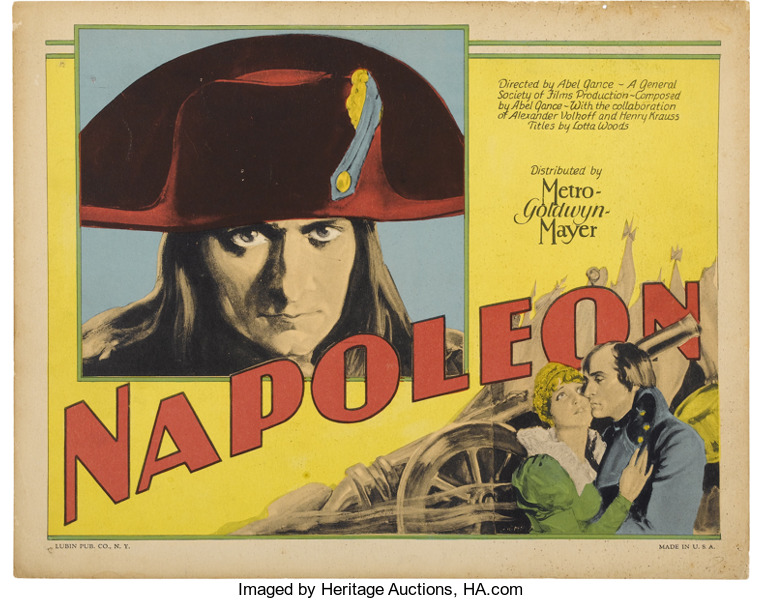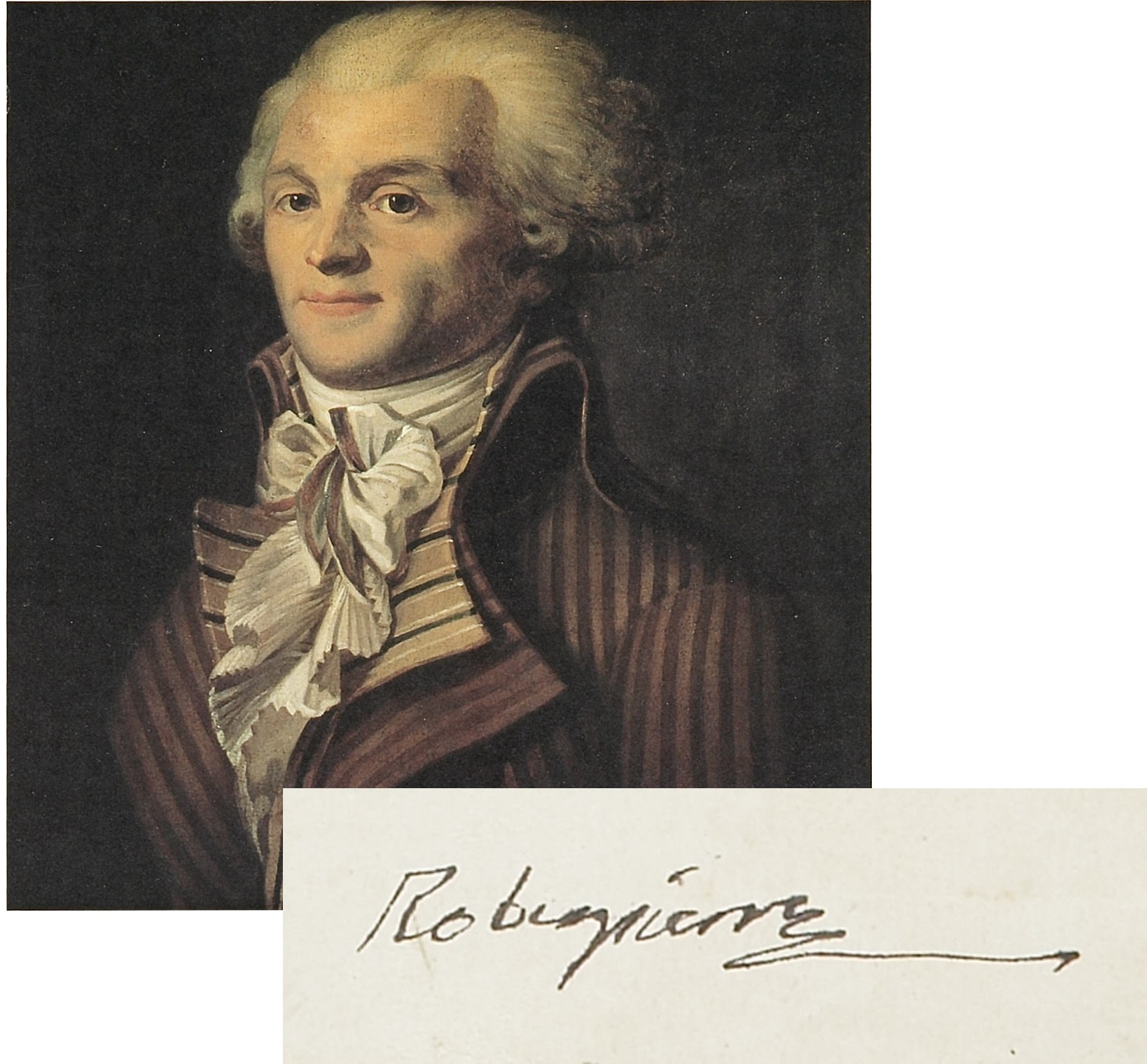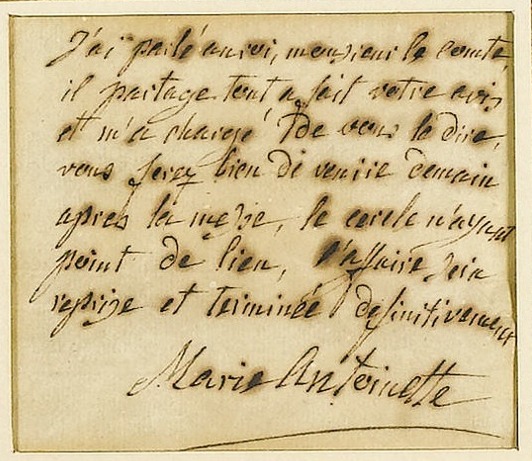
By Jim O’Neal
It is generally accepted dogma that the French Revolution devoured not only its own children. Many of those who fought against it were literally children. Carl von Clausewitz was only 12 when he first saw action against the French.
A true warrior-scholar, Clausewitz (1780-1831) survived the shattering defeat at Jena-Auerstedt (today’s Germany) in 1806, refused to fight with the French against the Russians in 1812 and saw action at Ligny in 1815. As noted in his book Civilization: The West and the Rest, British historian Niall Ferguson says it was Clausewitz who, better than anyone (including Napoleon himself), understood the way the Revolution transformed the dark art of war.
The Prussian general’s posthumously published masterpiece On War (1832) remains the single most important work on the subject produced by a Western author. Though in many ways timeless, Ferguson points out On War is also the indispensable commentary on the Napoleonic era. It explains why war had changed in its scale and the implications for those who chose to wage it.
Clausewitz declared that war is “an act of force to compel our enemy to do our will … (it is) not merely an act of policy but a true political instrument, a continuation of political intercourse, carried on with other means.” These are considered his most famous words, and also the most misunderstood and mistranslated (at least from what I have read … which is extensive).
But they were not his most important.
Clausewitz’s brilliant insight was that in the wake of the French Revolution, a new passion had arrived on the field of battle. “Even the most civilized of peoples [ostensibly referring to the French] can be fired with passionate hatred for each other…” After 1793, “war again became the business of the people,” as opposed to the hobby of kings, Ferguson writes. It became a juggernaut, driven by the temper of a nation.
This was new.
Clausewitz did acknowledge Bonaparte’s genius as the driver of this new military juggernaut, yet his exceptional generalship was less significant than the new “popular” spirit that propelled his army. Clausewitz called it a paradoxical trinity of primordial violence, hatred and enmity. If that was true, then it helps explain the many people-wars of the 19th century, but is a perplexer (at least to me) when applied to events a century later.
The Battle of the Somme, started on July 1, 1916, is infamous primarily because of 58,000 British troop casualties (one-third of them killed) – to this day a one-day record. It was the main Allied attack on the Western front in 1916 and lasted until Nov. 18 when terrible weather brought it to a halt. The attack resulted in over 620,000 British and French casualties. German casualties were estimated at 500,000. It is one of the bloodiest battles in human history.
The Allies gained a grand total of 12 kilometers of (non-strategic) ground!
It is hard to fit Clausewitz’s thesis into this form of military stupidity. I prefer the rationale offered by the greatest mind of the 20th century: “Older men declare war. But it is the youth that must fight and die,” said Albert Einstein.
 Intelligent Collector blogger JIM O’NEAL is an avid collector and history buff. He is president and CEO of Frito-Lay International [retired] and earlier served as chair and CEO of PepsiCo Restaurants International [KFC Pizza Hut and Taco Bell].
Intelligent Collector blogger JIM O’NEAL is an avid collector and history buff. He is president and CEO of Frito-Lay International [retired] and earlier served as chair and CEO of PepsiCo Restaurants International [KFC Pizza Hut and Taco Bell].



